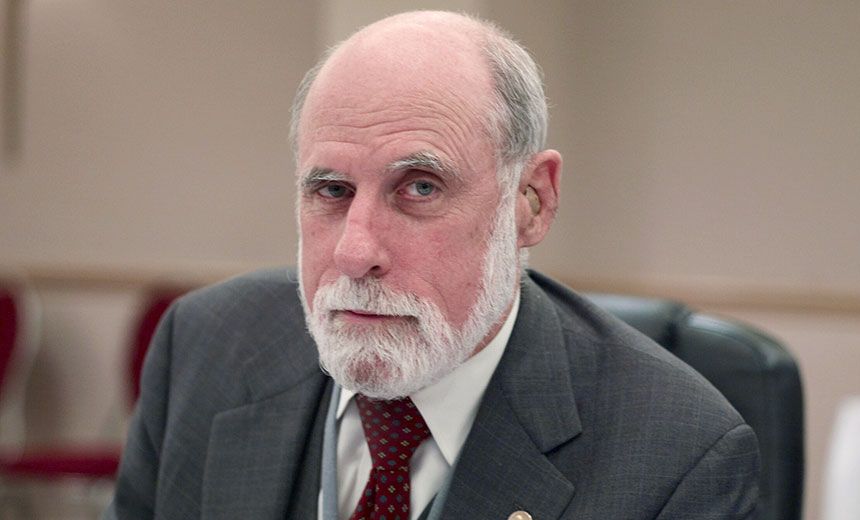Aquila — facebook’s solar powered internet drone
The internet provides information, opportunity and human connection, yet less than half the world has access. We’re proud to announce the successful first test flight of #Aquila, the solar airplane we designed to bring internet access to people living in remote locations. This innovative plane has the wingspan of an airliner but weighs less than a small car and flies on roughly the power of three blow dryers — incredible!
Source: #facebook




